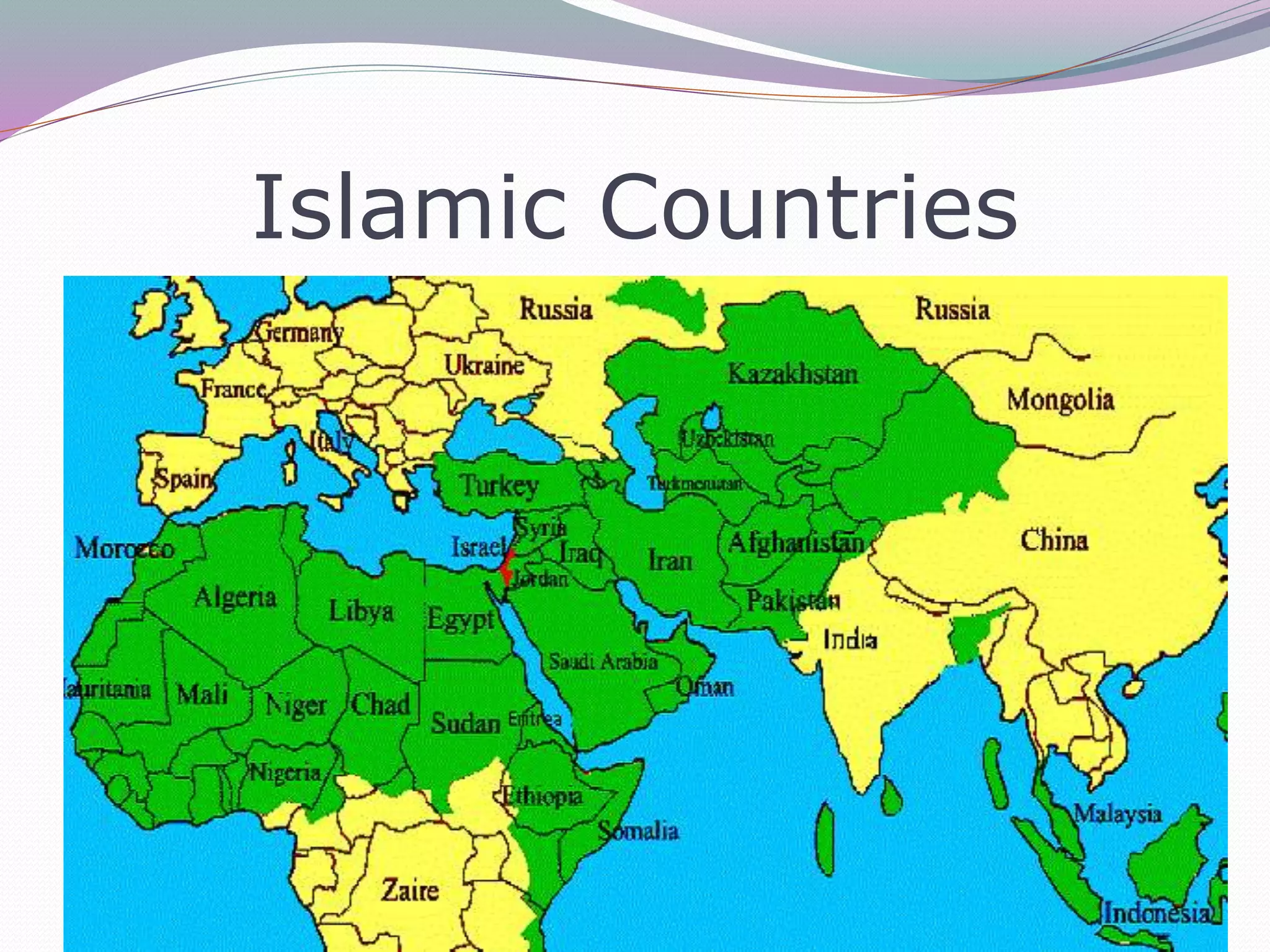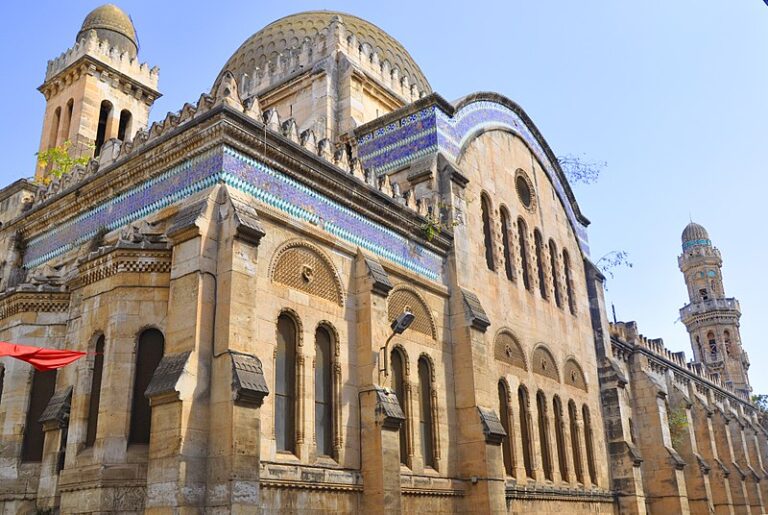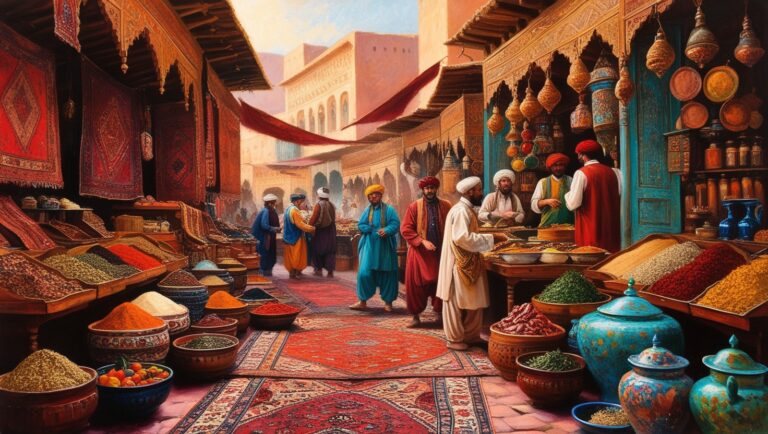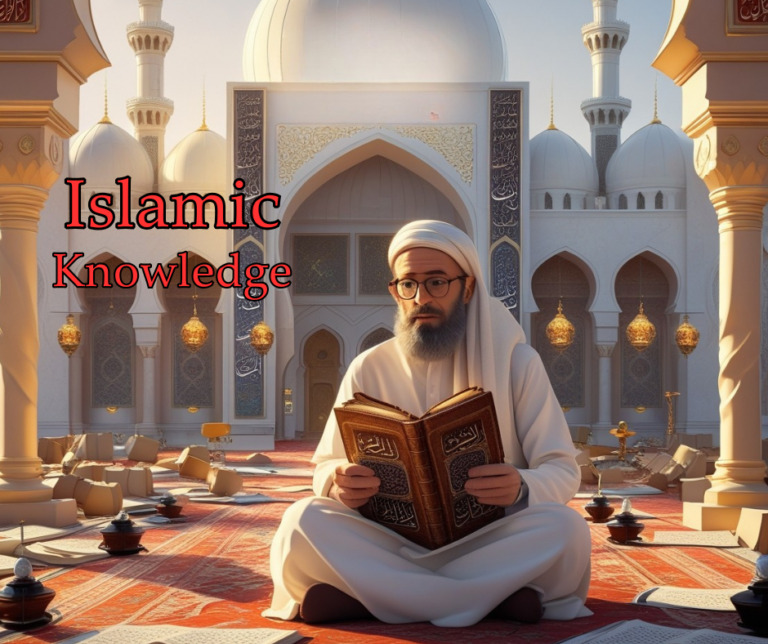

Introduction
The Muslim world, a term often used to describe countries where Islam is the dominant religion, encompasses a vast and diverse region spanning multiple continents, including parts of Asia, Africa, and Europe. The history of the Muslim world is deeply intertwined with the rise and spread of Islam, a major world religion founded by the Prophet Muhammad in the 7th century CE. This article explores the historical development of the Muslim world and provides an overview of Islam’s presence in various countries.
Historical Development
The Rise of Islam
Islam originated in the Arabian Peninsula in the early 7th century CE with the revelations received by Prophet Muhammad in Mecca. These revelations, later compiled into the Quran, form the core of Islamic faith. After facing initial resistance, Muhammad and his followers migrated to Medina in 622 CE, an event known as the Hijra, which marks the beginning of the Islamic calendar. In Medina, Islam began to flourish, eventually leading to the unification of the Arabian Peninsula under a single religious and political entity.
The Caliphates
Following Muhammad’s death in 632 CE, the Muslim community was led by a series of caliphs. The Rashidun Caliphate (632-661 CE), known for its righteous leadership, expanded Islam’s reach through military conquests and diplomatic efforts. The subsequent Umayyad (661-750 CE) and Abbasid (750-1258 CE) caliphates further extended Islamic rule across North Africa, the Iberian Peninsula, Central Asia, and the Indian subcontinent. These periods were marked by significant advancements in science, culture, and trade, contributing to the Golden Age of Islam.
The Ottoman Empire
The Ottoman Empire (1299-1922 CE) emerged as one of the most powerful Muslim states in history. At its height, it controlled much of Southeast Europe, Western Asia, and North Africa. The Ottomans played a crucial role in the spread and consolidation of Islam in these regions. The fall of the Ottoman Empire after World War I led to the emergence of modern nation-states in the Muslim world.
Islam by Country
Saudi Arabia
As the birthplace of Islam, Saudi Arabia holds a special place in the Muslim world. It is home to the two holiest cities in Islam, Mecca and Medina, and serves as the custodian of the Islamic holy sites. The country follows a strict interpretation of Sunni Islam known as Wahhabism.
Indonesia
Indonesia, with the largest Muslim population globally, is a unique example of Islam’s peaceful spread through trade and cultural exchanges rather than conquest. The majority of Indonesian Muslims adhere to Sunni Islam, with a significant influence of local traditions and practices.
Pakistan
Pakistan, created in 1947 as a separate nation for Muslims in the Indian subcontinent, has a significant Muslim population primarily following Sunni Islam. The country also has a notable Shia minority and is home to various Islamic schools of thought.
Iran
Iran is predominantly Shia Muslim, and its Islamic identity has been shaped significantly by the 1979 Islamic Revolution, which established it as an Islamic Republic. The country is a major center of Shia scholarship and religious activities.
Turkey
Modern Turkey, the successor state to the Ottoman Empire, has a predominantly Sunni Muslim population. While Turkey has a secular constitution, Islam plays a significant role in its cultural and social life.
Egypt
Egypt, with its rich Islamic history, is a cultural and intellectual hub of the Muslim world. The renowned Al-Azhar University in Cairo is one of the oldest and most respected centers of Islamic learning. The majority of Egyptians are Sunni Muslims.
Nigeria
Nigeria has a substantial Muslim population, primarily in the northern part of the country. Islam in Nigeria has a rich history, with the Sokoto Caliphate being a notable historical Islamic state in West Africa.
Other Countries
Islam is also a significant religion in countries like Bangladesh, Malaysia, Morocco, Iraq, Sudan, Algeria, and many others. Each of these countries has its unique historical context and cultural practices that shape the way Islam is practiced.
Conclusion
The Muslim world is a diverse and dynamic entity with a rich history and a wide geographical spread. From its origins in the Arabian Peninsula to its presence across various continents, Islam has profoundly influenced the cultures, societies, and politics of numerous countries. Understanding this diversity is crucial to appreciating the multifaceted nature of the Muslim world today.





